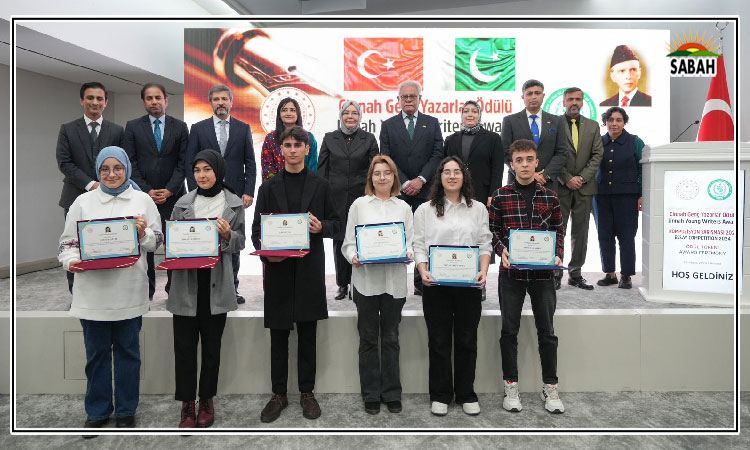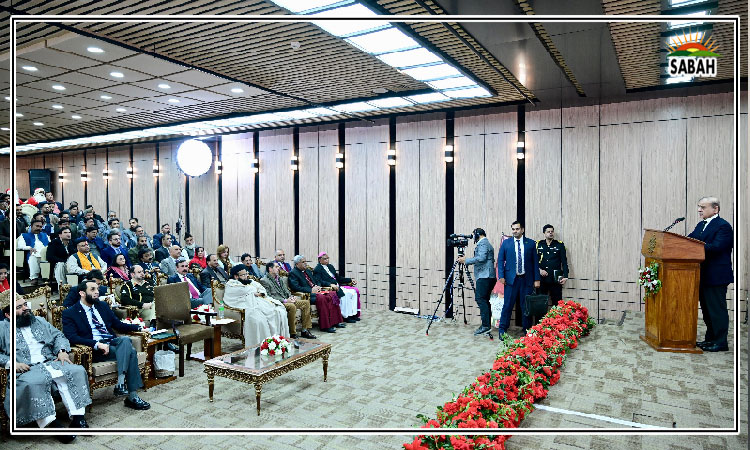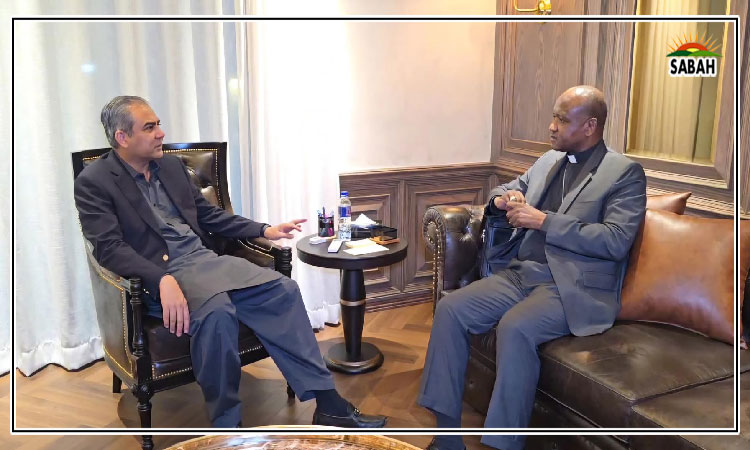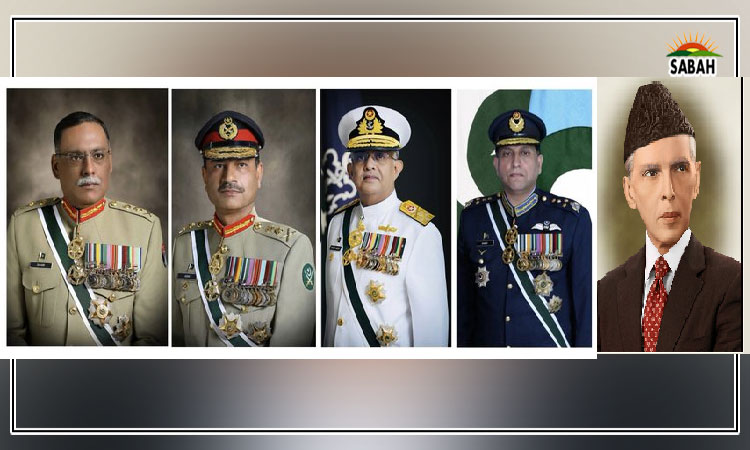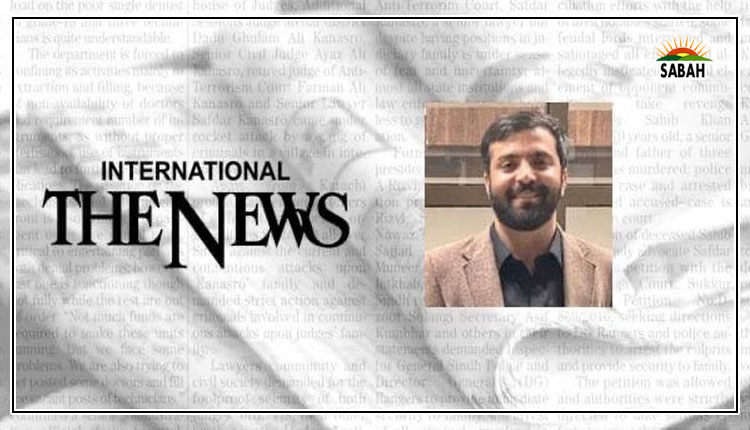Remembering Usman Kakar…Bakht Noor
In times of partisan and petty power politics, there are few who with their uprightness, devotion and compassion give people a collective hope.
When such a person dies, h/she goes on to live in the hearts of millions of people. Shaheed Usman Khan Kakar was one of those people for whom politics was the art of healing hearts and giving voice to the suppressed. His death in June 2021 was a personal tragedy for tens of thousands of people, and this was displayed all the way from Karachi to his native town, Muslim Bagh. The ambulance carrying him was showered with flowers and people saluted him on the way to his eternal abode.
There was anguish because the voice of the oppressed was silenced; that was his connection with the people, which made him one among them. His funeral was arguably the largest such gathering in Balochistan, of political consequence. People knew he was one of them. He was everyones revered Lala.
Born in Muslim Bagh and raised in Quetta, Shaheed Usman Kakar was one of those political leaders who rose from the ideological political arenas of the 80s and 90s, when political parties were not yet completely annihilated by the electables. He was trained on Marxist organizational political lines, which he practised till his death. His political life and ideals had such a strong influence on his persona that everyone knew him as the provincial president of PkMAP, and very few knew he belonged to a tribal chieftain family.
What distinguished him from the political leaders of his time? Perhaps it was his commitment and compassion. In one of his speeches, he says (true) politics means nourishing people with your flesh. With his death, he truly gave meaning to these words. All along his life he was connected with people and worked for them.
In his party, he was known as the most accessible leader. He was also the most connected with party workers and students. When in Quetta, he went to the party office in the morning and was there to meet anyone visiting till late in the evening. He would listen fondly to everyone, young and old, educated or not, and tried to resolve their issues, regardless of their political affiliation. When Lala was a member of the Senate, he was one call away from the residents and students of Balochistan studying in Islamabad and Punjab.
As provincial president of the Pakhtunkhwa Milli Awami Party (PkMAP) he raised a connected party cadre. His connectivity with the party at the town and village level was so profound that he rightly predicted the number of seats the party could win in 2013, according to Raza Muhammad Raza, his long-time comrade. Raza adds that he had the ability to synchronize theory and practice in organizational politics.
Not only did Usman value party workers, but he also respected party forums too. He was very cognizant of the principles governing a party system. In his tenure as provincial president, the meetings of party forums were held as per the schedule given in the party constitution.
In the Senate, he was a strong voice for democracy and federalism. His colleagues were equally fond of him across the ideological spectrum. While in the Senate, he was a fearless advocate of federalism, constitutional supremacy and rights. He spoke not like a parliamentarian, but like a political activist.
Shaheed Usman Kakar may not have been a politico-intellectual giant like Khan Abdul Wali Khan or Ghaus Bakhsh Bezinjo but to the extent he knew and understood, he sincerely followed those principles and ideals. He was not a man of letters, but he certainly was a man of people, of his party cadre and everyone living on the fringes.
Shaheed Usman Kakar was legendary. An Afghan poet wrote a poem on his subtle smile, which he always wore, even when he was talking on serious issues. This smile, the poet says, showed his inner satisfaction, of living to his ideals, and never compromising on principles.
As rightly put by a Pashto poet the brave are remembered in songs and laments Usman Lala will certainly be remembered, in hours of grief and in joy for the times to come.
Courtesy The News







